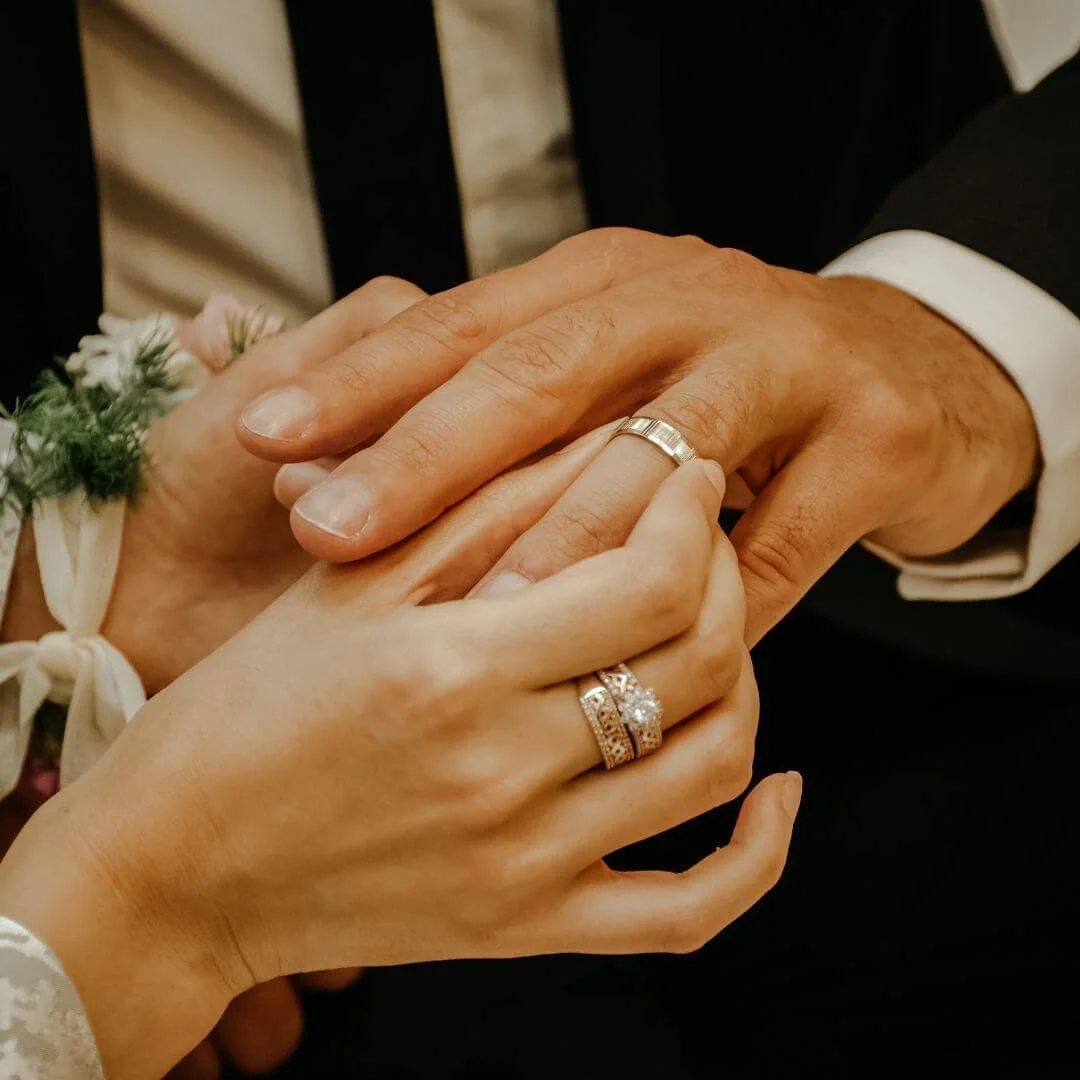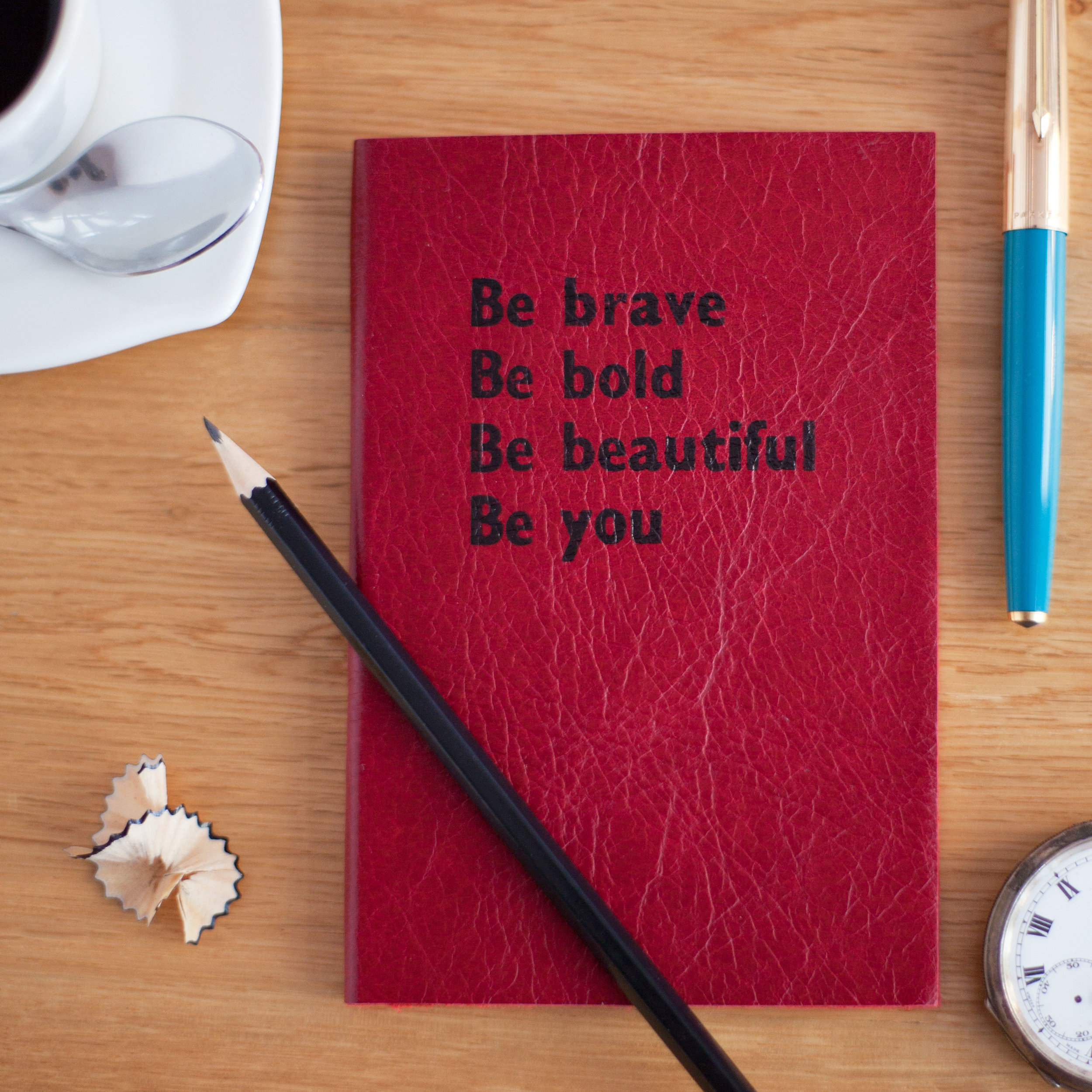Do your best to eat meals at the normal times you usually eat them. So instead of skipping breakfast and going to Christmas hungry, eat your normal breakfast.
When you get to your event, check into your hunger cues.
On a scale of 0-10, with zero being extremely starving, 5 is having a light sense of satisfaction – being neither hungry nor full and ten being the most stuffed you’ve ever experienced. How hungry are you? Aim for letting yourself empty out to a 2-3 before eating a meal. See if you can stop eating at a 5-7.
Once you are hungry, rather than grazing on all the different foods, make a plate.
Allow yourself to put at least a little bit of each food you love on the plate or foods you’d like to try.
Skip the foods that don’t interest you much. Sit down and really savor the foods you chose. Check in with your hunger and satiety signals a few times while you eat your plate. Once you are satisfied, tell yourself that you can have more when you are hungry again and follow through. Making a practice of using hunger and satiety cues is extremely helpful in finding balance with food.
6. Keep Your Boundaries
People tend to project their OWN food and body issues onto others’. So if you notice yourself engaged in a conversation with someone who’s trying to talk you in or out of eating or commenting on your body, take a step back.
Check in with yourself and see what YOU NEED, rather than what this person is trying to get you to do.
Saying you need to use the bathroom is always an easy out to give yourself some time and space to check back in with yourself and get grounded. Take some deep breaths, splash some water on your face and ask yourself what you need in that moment to take care of yourself before you leave the bathroom. Here are some examples of things you can say to people who are pushing you:
- “No, thank you”
- “I’m okay right now”
- “Yes, I’m going to enjoy this food right now”
- “I’m not hungry”
- “I’ll let you know when I’m ready for ...”
- “I’d rather not discuss my body with you”
Practice saying these boundaries out loud BEFORE the holiday, so that when you’re in the moment, they flow easily and effortlessly.
7. Ask for Help
Enlist a member of your support group to be ‘Holiday Buddies’ to practice what I call ‘Book Ending’: Have a few agreed upon times you with check-in with one another throughout the day – perhaps before, during and after. You could plan to call or text one another to report how things are going. If you don’t hear from your buddy, shoot them a text to see what’s going on. In this way, you have another person who has your best interest in mind to be accountable to. This practice is also helpful in getting your mind off yourself and your own difficulties.
8. Breathe












